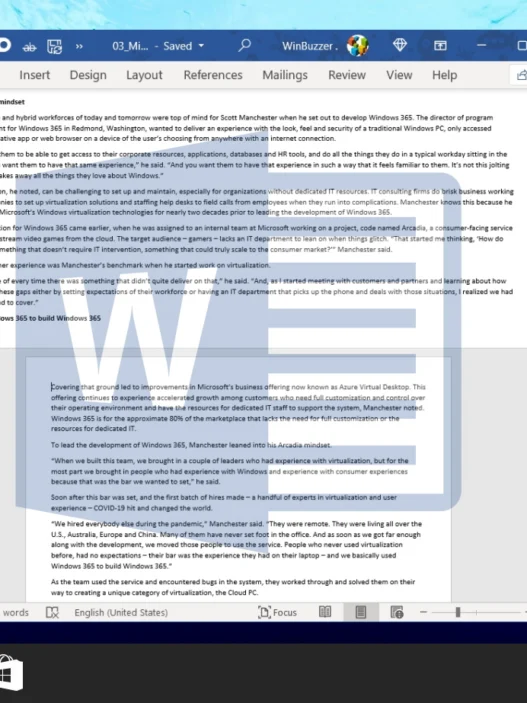When a colleague experiences the loss of a loved one, offering a heartfelt condolence message can provide comfort and support during a difficult time. While it may feel challenging to find the right words, expressing empathy and solidarity can make a meaningful difference. In this article, we’ll share 50 examples of condolence messages and provide tips on how to craft a thoughtful and supportive message for a grieving co-worker.
What is a Condolence Message?
A condolence message is a written expression of sympathy and support for someone who has experienced a loss. It can be sent via a sympathy card, email, or even accompanied by flowers. The goal is to acknowledge their grief, offer comfort, and remind them that they are not alone.
Why Send a Condolence Message?
Sending a condolence message to a colleague is important for several reasons:
- Strengthens Relationships: It shows compassion and empathy, fostering stronger professional bonds.
- Provides Comfort: A thoughtful message can offer solace during a challenging time.
- Acknowledges Their Loss: It validates their feelings and lets them know their grief is recognized.
Key Elements of a Condolence Message
A meaningful condolence message typically includes the following elements:
- Acknowledgement: Recognize their loss and express your sympathy.
- Empathy: Show understanding and compassion for their emotional state.
- Value: Highlight their importance to the team or workplace.
- Support: Offer specific ways you or the company can help during this time.
50 Condolence Message Examples
Here are 50 examples of condolence messages you can personalize for your colleague:
Condolence Messages from a Group
- On behalf of the entire team, please accept our deepest sympathies.
- We want to let you know that our thoughts are with you and your family.
- We’re wishing you and your family courage and peace during this time of mourning.
- Our hearts go out to you during this time of sorrow.
- We hold you close in our thoughts at this sad time. We’re deeply sorry for your profound loss.
- Our condolences for the loss of your loved one. With deepest sympathy from your co-workers.
- Please know we’re thinking of you during this painful time. As your work family, we’re here for you.
- We’re so incredibly sorry for your loss. We’re all thinking of you.
- Our hearts are saddened by your loss, and our thoughts are with you.
- We’d like to express our sincere condolences to you and your family.
Condolence Messages for the Loss of a Parent
- Extending my deepest sympathies for the loss of your [mother/father].
- I was deeply saddened to hear about your [mother’s/father’s] passing. Thinking of you and your family.
- I am so sorry to hear the news about your [mother/father]. Please accept my condolences.
- You and your whole family are in my thoughts.
- May loving memories of your [mother/father] help you find peace.
- Thinking of you and wishing you strength and comfort.
- Know that my thoughts and prayers are with you and your family at this sorrowful time.
- You have my deepest condolences for the loss of someone so dear.
- Please accept these flowers in honour of your late [mother/father]. May they rest in peace.
- I would like to offer my sympathy to you and your family at this incredibly difficult time.
Condolence Messages for the Loss of a Spouse or Partner
- Words seem inadequate. I send these flowers as a token of my great sympathy for your loss.
- Sending my deepest sympathy to you and your family at this difficult time.
- I’m thinking of you, remembering [spouse or partner’s name] and celebrating their life.
- Wishing you the courage to face the days ahead and loving memories to hold in your heart forever.
- My heart goes out to you. Please accept my deepest sympathy.
- I’m deeply sorry to learn of the passing of your dear [husband/wife/partner]. They will be fondly remembered.
- Today and always, may loving memories bring you strength and peace.
- With a heavy heart, I send my sincere condolences to you and your family.
- Keeping you and [name] in my thoughts and prayers. My deepest sympathy.
- May the memories of [name] help you find comfort.
Condolence Messages for the Loss of a Family Member
- I am deeply sorry to hear about the passing of your loved one.
- My deepest sympathy goes out to you at this difficult time.
- May happy memories of your [family member] bring you comfort at this sad time.
- I am saddened to hear of the loss of your [family member]. My thoughts and prayers are with you and all your family.
- Thinking of you at this difficult time.
- I wish you and your family peace and comfort as you grieve the loss of your [family member].
- Please accept my condolences for the loss of your beloved [family member].
- May you find comfort at this most difficult time in the outpouring of love surrounding you and your family.
- My deepest condolences for the sudden loss of your [family member]. You and your family are in my thoughts and prayers.
- I’m thinking of you during this time of sadness. I’m so sorry for your profound loss.
Simple Condolence Messages
- Sending heartfelt condolences.
- Sending caring thoughts your way.
- I was so saddened to hear of your loss.
- So sorry for your loss.
- Thinking of you.
- Sent with love and remembrance of your loved one.
- With my deepest condolences to you and your family.
- Celebrating the life of a great person.
- Someone so special will never be forgotten.
- With deepest sympathy.
Tips for Writing a Personalized Condolence Message
- Be Honest and Sincere: Write from the heart and avoid generic phrases.
- Avoid Giving Advice: Instead, focus on offering support and understanding.
- Show Empathy: Acknowledge their pain without comparing it to your own experiences.
- Keep It Simple: Avoid overly detailed descriptions of the loss, which may be painful.
- Respect Their Beliefs: If appropriate, include religious or spiritual sentiments that align with their beliefs.
- Focus on Them: Highlight their value and importance to the team or workplace.
How to Offer Support
In addition to sending a condolence message, consider offering practical support:
- Help with Workload: Offer to take on some of their tasks or projects.
- Be Flexible: Allow them time and space to grieve without pressure.
- Check In: Follow up with them periodically to see how they’re doing.
Key Takeaways
- A condolence message is a meaningful way to show support and empathy to a grieving colleague.
- Include acknowledgement, empathy, value, and support in your message.
- Personalize your message to make it heartfelt and sincere.
- Offer practical support to help them during this difficult time.
Take the Next Step
When a colleague is grieving, a thoughtful condolence message can provide comfort and strengthen your professional relationship. Use the examples and tips above to craft a message that shows your support and compassion. Remember, even a few kind words can make a big difference during a challenging time.
For more advice on workplace relationships and professional etiquette, explore our resources and guides. Your kindness and empathy can create a supportive and caring work environment for everyone.





















